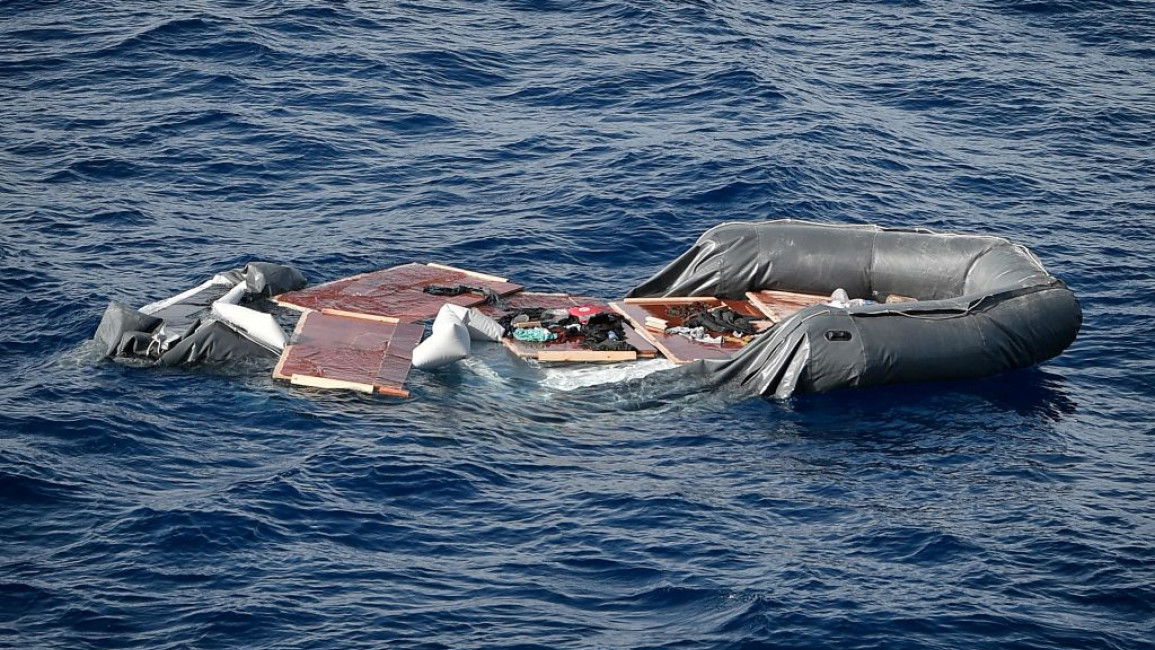Europe forcing refugees back to Libya camps where sexual abuse is ‘rife’
European states’ forced return of refugees to Libya has coming under further fire after an investigation into conditions at camps found that sexual violence and abuse are rife.
These violations, which include sexual assault against men, women and children, as well as assault, occurred after they were intercepted while crossing the Mediterranean Sea and forcibly returned to detention centres in Libya.
“This horrifying report sheds new light on the suffering of people intercepted at sea and returned to Libya, where they are immediately funnelled into arbitrary detention and systematically subjected to torture, sexual violence, forced labour and other exploitation with total impunity,” said Diana Eltahawy, Deputy Director for the MENA at Amnesty International.
“Meanwhile, Libyan authorities have rewarded those reasonably suspected of committing such violations with positions of power and higher ranks, meaning that we risk seeing the same horrors reproduced again and again.”
The report calls European powers were force Libyans to return to such camps as “complicit” in the violence.
“The report also highlights the ongoing complicity of European states that have shamefully continued to enable and assist Libyan coastguards in capturing people at sea and forcibly returning them to the hellscape of detention in Libya, despite knowing full well the horrors they will endure.”
Some 53 refugees and migrants previously detained in centres under the control of Libya’s Directorate for Combatting Illegal Migrant (DCIM) were interviewed for the report.
In 2020, hundreds of people who disembarked in Libya had been forcibly disappeared at an informal site, then controlled by a militia. Since then, Libyan authorities have integrated the site into the DCIM, named it the Tripoli Gathering and Return Centre, colloquially known as Al-Mabani, and also put the former director and other staff of the now-closed Tajoura DCIM centre in charge.
Tajoura, which was notorious for torture and other ill-treatment, was ordered closed in August 2019, a month after airstrikes that killed at least 53 detainees.
In the first half of 2021, some 7,000 people intercepted at sea were forcibly returned to Al-Mabani.
They faced torture, cruel detention conditions, extortion and forced labour. Others reported being subjected to humiliating and violent strip-searches.
Former detainees there said that guards raped women and some were coerced into sex in exchange for their release or for essentials such as clean water. “Grace” said she was heavily beaten for refusing to comply with such a demand: “I told [the guard] no. He used a gun to knock me back. He used a leather soldier’s shoe … to [kick] me from my waist.”
Two young women at the facility attempted to commit suicide as a result of such abuse.
“The entire network of Libyan migration detention centres is rotten to its core and must be dismantled,” said Eltahawy.
“Libyan authorities must close all migration detention facilities immediately and stop detaining refugees and migrants.”


![President Pezeshkian has denounced Israel's attacks on Lebanon [Getty]](/sites/default/files/styles/image_684x385/public/2173482924.jpeg?h=a5f2f23a&itok=q3evVtko)



 Follow the Middle East's top stories in English at The New Arab on Google News
Follow the Middle East's top stories in English at The New Arab on Google News


